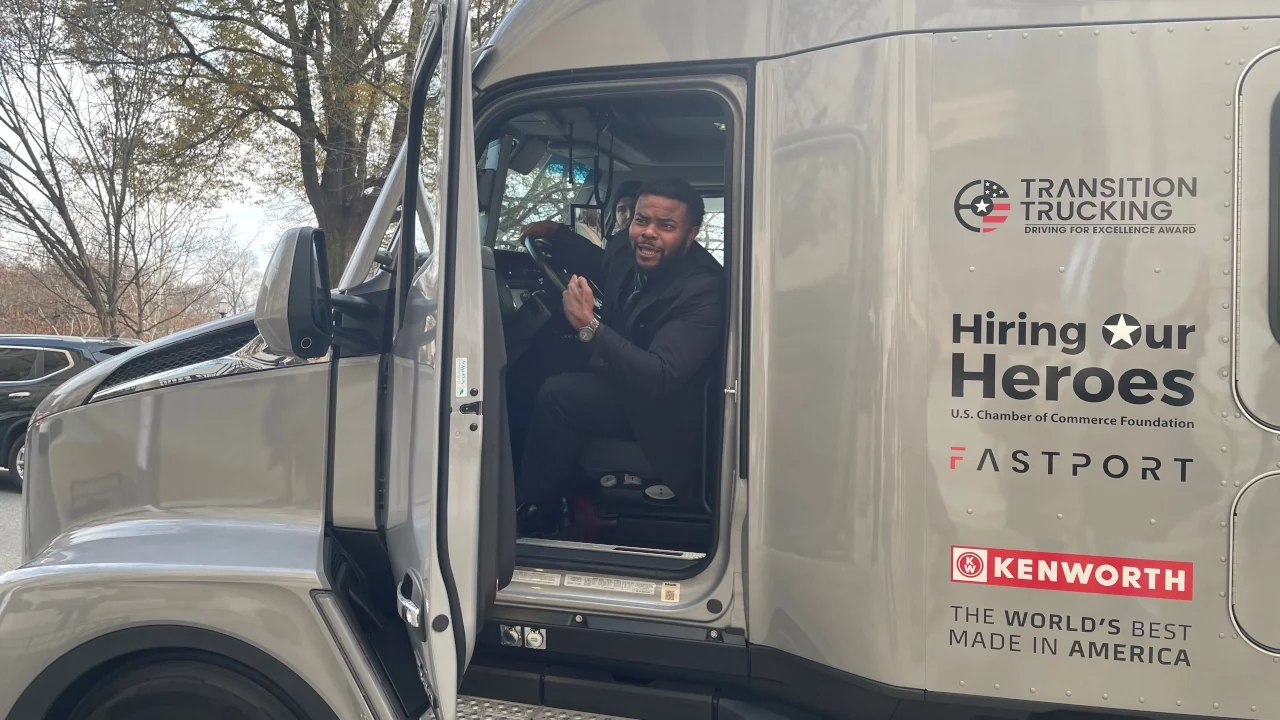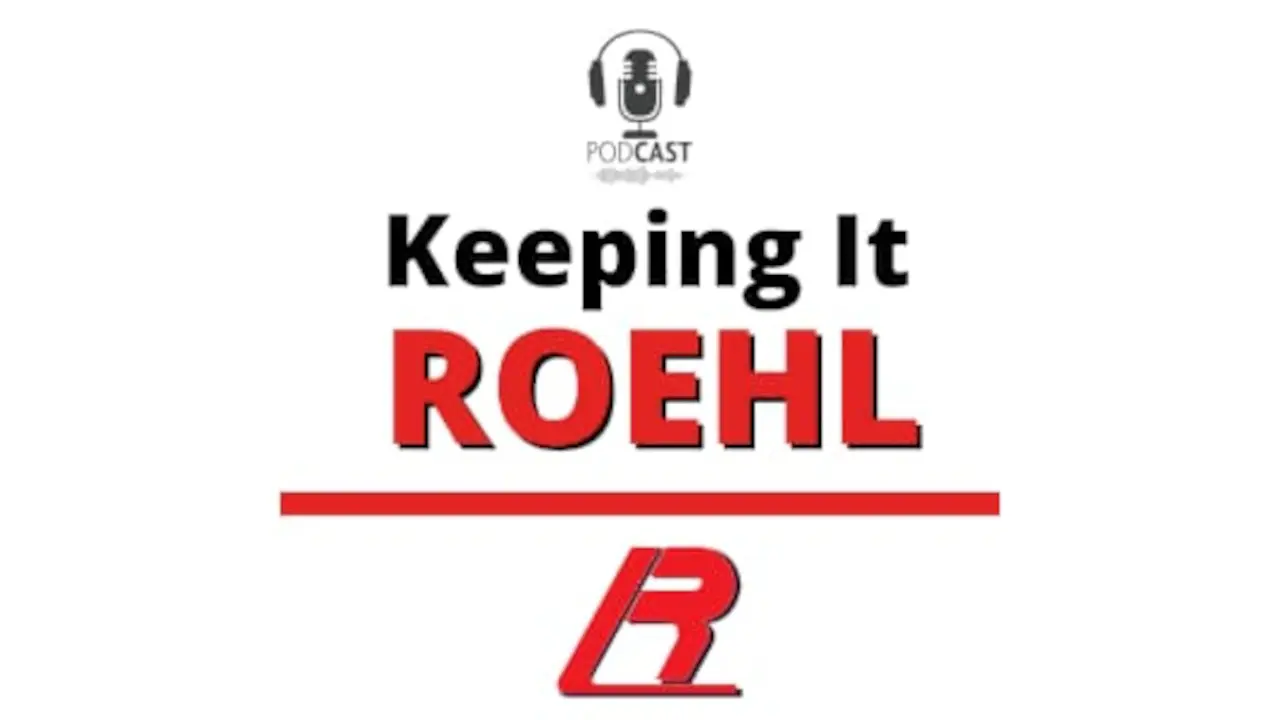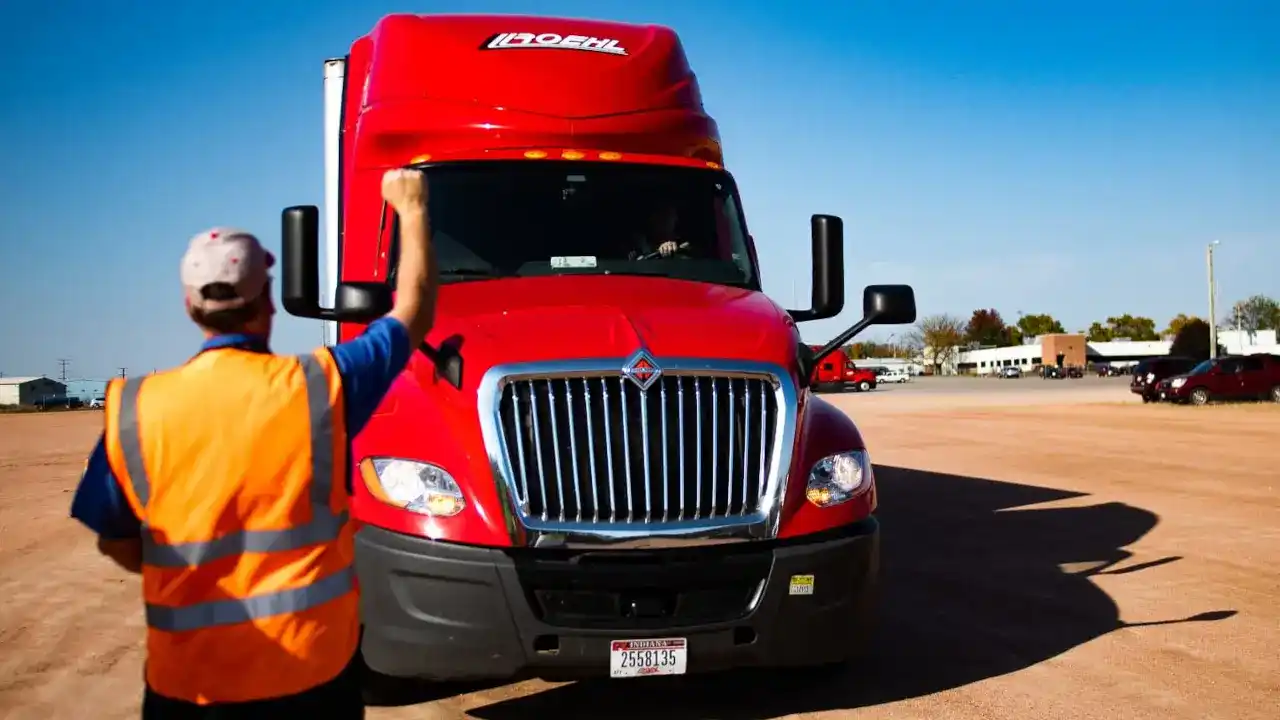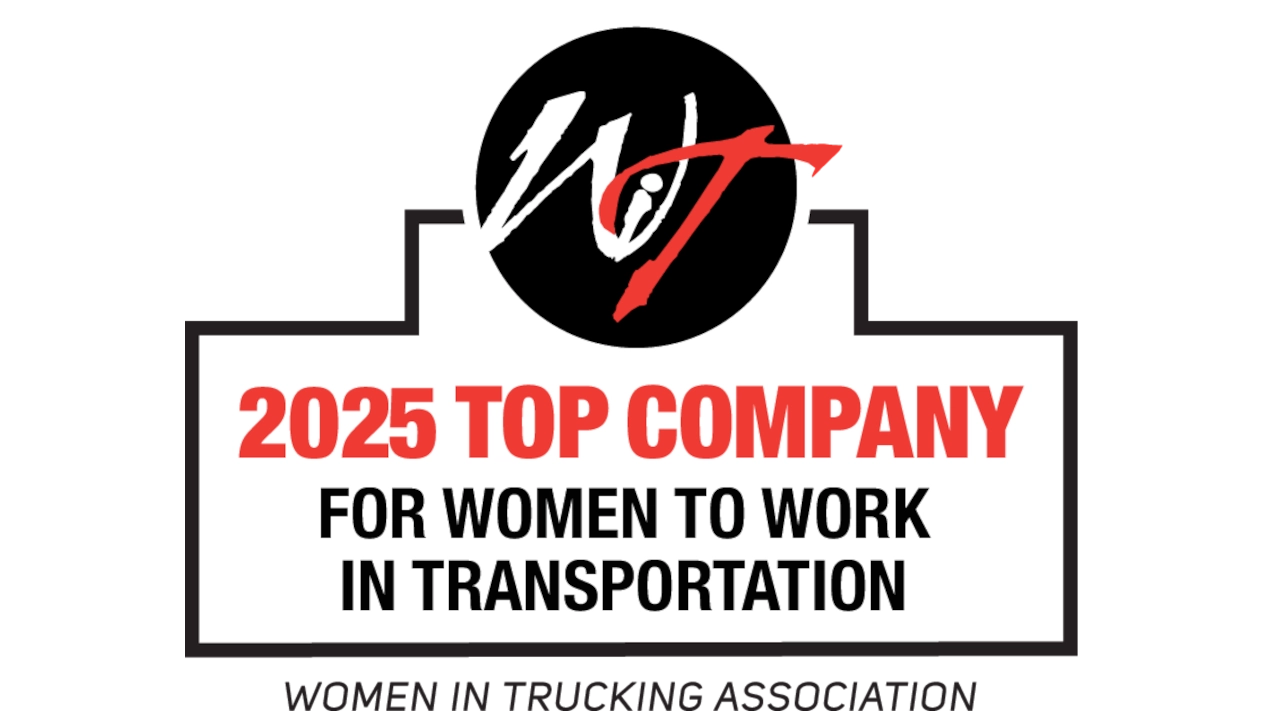Blog
Stay connected to information about and from Roehl, including our truck driving jobs, paid CDL training programs, owner operator and lease purchase opportunities and so much more, like non-driving careers!
Filter Blog Posts
Topic
Type
Load More








